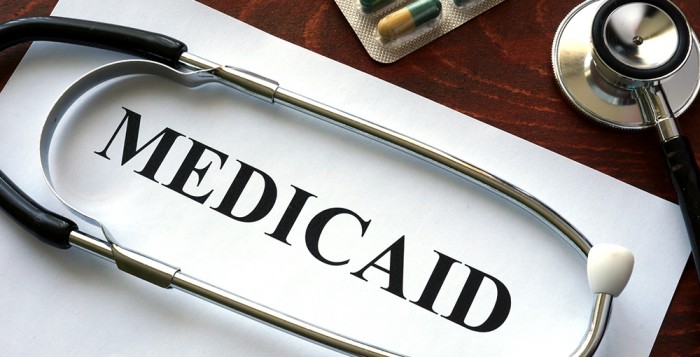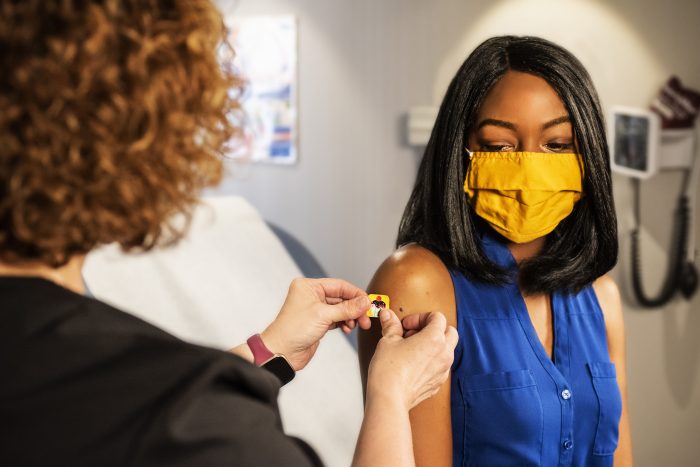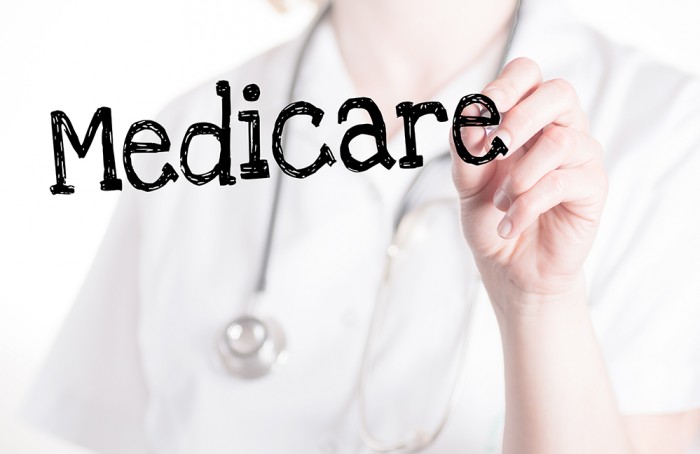Temple University to Host 9th Annual Disability & Change Symposium on March 30

The Ins and Outs of Taking Effective Board Meeting Minutes
Urgent Request for RCPA PAC Support
The Rehabilitation and Community Providers Association Political Action Committee (RCPA PAC) is asking members to consider making a personal contribution. With these donations, we are able to provide financial support to state legislators or representatives who have demonstrated a strong, consistent, and positive interest in our legislative priorities.
With support of the RCPA PAC, we have been successful in supporting legislative leadership who understand the severe challenges facing many of our providers and who are willing to stand up for our issues as we fight to move Pennsylvania forward. Recent efforts we have closely followed include:
- The passage of Act 25 of 2018;
- Testifying at numerous House and Senate Committee meetings on gun violence, autism, community participation, and other issues affecting RCPA members; and
- Assisting with language for the 2021/22 fiscal budget to delay the implementation of ASAM requirements on drug and alcohol providers.
As we move into a new legislative year, efforts are now underway in multiple areas, including:
- Advocating the General Assembly to release federal funding that they placed in reserve for direct care workers (see RCPA media campaign);
- Drafting legislation to eliminate prudent pay for IDD providers;
- Working with legislative leaders and family advocates for children and adults with severe autism;
- Working with House and Senate leadership on rate increases for brain injury providers;
- Providing information to House and Senate leadership regarding how Drug and Alcohol Opioid Settlement Funds allocations should be distributed to drug and alcohol providers;
- Advocating the Governor/General Assembly and collaborating with the County Commissioners Association of PA (CCAP) and the Hospital Association of PA (HAP), as well as other organizations, to increase County Mental Health Funding;
- Working with legislators to Amend Act 25 of 2018, which RCPA helped draft, by introducing new legislation regarding outpatient psychiatric issues (HB 2294);
- Assisting legislative staff with their constituent issues regarding human services issues, such as consumer placements for services; and
- Advocating legislators and staff on rate transparency.
We urgently need your support to continue with these ambitious projects. While the request is voluntary, we encourage you to make a contribution of $100, $250, $350, $500 or more to RCPA PAC. For your convenience, you can now make an online contribution.
Thank you for your participation and support. If you are interested in learning more about RCPA PAC or donating, please visit our website, download the PAC FAQ Card, Donation Card, or email Jack Phillips, Director of Government Affairs.
Your participation in the RCPA-PAC is completely voluntary, and you may contribute as much or as little as you choose. Donations are not tax-deductible and will be used for political purposes. You may choose not to participate without fear of reprisal. You will not be favored or disadvantaged by reason of the amount of your contribution or decision not to contribute.
COVID-19 Vaccine Boosters Are Necessary, WHO Says, Reversing Earlier Call
One Week Left to Submit Proposals for RCPA’s 2022 Annual Conference!
The 2022 RCPA Conference, Together, will be held October 11–14 at the Hershey Lodge as a premier statewide event. The Conference Committee is seeking workshop proposals in every area for possible inclusion. The deadline for submissions is Monday, March 14 at 5:00 pm. Encouraged presentations are those that assist providers in developing and maintaining high-quality, stable, and effective treatments, services, and agencies in an industry where change is constant. The committee looks for presentations that:
- Highlight new policy, research, and treatment initiatives, such as telehealth innovations;
- Provide specific skills and information related to individual and organizational leadership development and enhancement;
- Address system changes that affect business practices, including value-based purchasing and alternative payment models;
- Provide guidance on recruiting and developing a committed workforce;
- Offer concrete skills and tools to operate more efficient, effective agencies; and
- Inspire ideas for organizations to work Together.
Workshop ideas for 2022 include:
- Workforce shortage solutions;
- The changing health care landscape, including telehealth changes;
- Executive leadership;
- Integrated care strategies for implementation and reimbursement;
- Managed care models for people with intellectual/developmental disabilities, including other state experiences;
- Advanced ethics topics;
- Acquisitions/mergers and consolidations;
- Value-based purchasing and alternative payment options; and
- Employing people with disabilities.
The committee welcomes any proposal that addresses these and other topics essential to rehabilitation, mental health, substance use, children’s, aging, physical disabilities, and intellectual/developmental disabilities & autism. Members are encouraged to consider submitting and to forward this opportunity to those who are exceptionally good speakers and have state-of-the-art information to share.
The Call for Proposals (featuring a complete listing of focus tracks) and accompanying Guidelines for Developing Educational Objectives outline requirements for submissions. Please send RCPA your proposal by Monday, March 14 at 5:00 pm. Proposals must be submitted electronically on the form provided; confirmation of receipt will be sent. Proposals submitted after the deadline will not be considered.
If the proposal is accepted, individuals must be prepared to present on any day of the conference. Workshops are 90 or 180 minutes in length. At the time of acceptance, presenters will be required to confirm the ability to submit workshop handouts electronically four weeks prior to the conference. Individuals unable to meet this expectation should not submit proposals for consideration.
Individuals are welcome to submit multiple proposals, and we encourage members to share this information with speakers and presenters who they believe would be a good fit for the conference. Notification of inclusion will be made via email by May 13, 2022. Questions may be directed to Sarah Eyster or Carol Ferenz, Conference Coordinators.
We look forward to coming together again this October!
Early Childhood Suspensions and Expulsions — Free Webinar on March 10
Residents Urging Action on Workforce Crisis
In the last month, more than 2,500 residents have contacted the administration and their local state senators and representatives urging them to address the workforce crisis affecting Pennsylvania’s human services sectors.
The outreach has been extraordinary! But we can’t stop now.
The House and Senate will be wrapping up their annual budget hearings over the next few days and turning their attention to crafting the commonwealth’s final spending plan before the end of the fiscal year on June 30.
If you haven’t done so already, please reach out and urge lawmakers to increase funding to support human services professionals so individuals and families in need get the support and care they deserve. Ask your networks to do the same.
Pennsylvania is sitting on billions of federal dollars and state “rainy day” funds that could increase wages to help us attract and retain human service professionals. Yet, even as this workforce crisis worsens, the money remains unspent as the needs of our most vulnerable residents go unmet.
The outpouring of support so far is evidence of how this crisis is affecting individuals and families, as well as the providers and professionals who want to serve them.
But we need to do more…and we need to sustain the effort.
Please VISIT HERE to learn how you can help. Follow us on Facebook and Twitter to stay informed of our progress. Most importantly, TAKE ACTION TODAY. Tell lawmakers to increase funding to address the workforce crisis facing Pennsylvania’s health and human services.
Thank you for your continued support.
Revised Medicare Payment Systems Resource Released
The Centers for Medicare and Medicaid Services (CMS) recently released a revised Medicare Learning Network (MLN) resource, Medicare Payment Systems, to reflect the 2022 regulation changes to payment, quality, and policy for all health settings. These include acute care hospitals, inpatient rehabilitation facilities (IRFs), skilled nursing facilities (SNFs), home health, hospital outpatient, inpatient psychiatric facility, long-term care hospitals (LTCHs), ambulatory surgical centers (ASCs), and durable medical equipment, prosthetics, orthotics & supplies (DMEPOS).
White House Unveils New Plan to Move America Past COVID Crisis
















